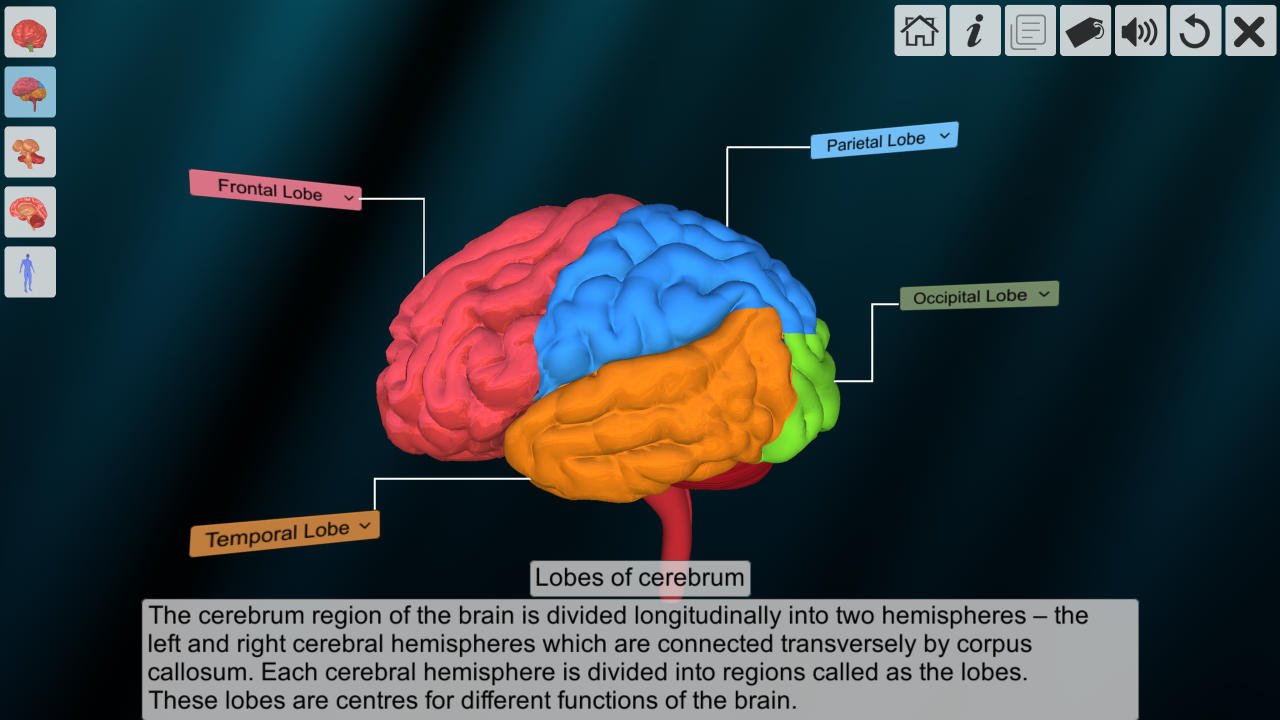How has the COVID-19 pandemic and widespread adoption of telehealth—including for psychotherapy—affected the psychodynamics of the psychiatrist-patient relationship and psychiatric treatment? How can psychodynamic insights guide psychiatric treatment that is likely to remain socially distanced for the foreseeable future?

Gerald P. Perman, M.D., will chair a session on psychodynamic lessons from the COVID-19 pandemic at this year’s Annual Meeting.
Those are questions that Gerald P. Perman, M.D., and four other experts in psychodynamic psychiatry will address in the session “Psychodynamic Lessons From the Novel Coronavirus Pandemic.” Perman is the immediate past president of the American Academy of Psychodynamic Psychiatry and Psychoanalysis (AAPDPP).
“Psychiatrists who attend our session, many of whom have been treating and will continue to treat their patients online in the months ahead, will learn some of the factors that make online treatment beneficial, as well as what has gotten lost in the transition from in-person treatment,” Perman and Douglas Ingram, M.D., who will also be speaking at the symposium, told Psychiatric News in a joint statement.

Discover The World's MOST COMPREHENSIVE Mental Health Assessment Platform
Efficiently assess your patients for 80+ possible conditions with a single dynamic, intuitive mental health assessment. As low as $12 per patient per year.
“In important ways, it is a safer medium for the psychiatrist and the patient,” Perman and Ingram wrote. “But the loss of immediacy that exists with in-person treatment, connectivity issues, and asynchronies between speech and audio contribute to a weaker engagement with our patients. In learning to recognize the issues that we encounter online and to neutralize their effects, we can serve more effectively as the psychiatrists our patients need. And, in our dedication as mental health professionals, we need it for ourselves as well.”
In separate comments to Psychiatric News, Perman said that all of the presenters, who are members of AAPDPP, “view the treatments we provide, in whatever setting, through the lens of a psychodynamic psychiatrist.”
Perman will describe how the need for self-quarantine and social distancing has affected patients in outpatient psychiatric treatment, including how common defenses are used by patients to manage the challenges presented by the pandemic and how in other instances social isolation aided the healing of preexisting interpersonal and interfamilial conflict. Perman co-wrote an article in The Forum (fall 2020), a publication of the AAPDPP, titled “Telepsychiatry During the Coronavirus Pandemic: Some Pros, Cons, and the Future.” The co-author was Mahmoud Aborabeh, M.D., a PGY-4 trainee in psychiatry at George Washington University School of Medicine, Ingram, a past president of AAPDPP, will address the impact of COVID-19 on the “therapeutic space” and how recourse to digital technology requires a rethinking of this space within which the psychiatrist and patient work.
Kimberly Best, M.D., associate chair and program director at Einstein Medical Center in Philadelphia, will discuss ways in which the pandemic dramatically affected medical student education and psychiatry training. Syed Saba, M.D., a psychiatrist who works for the Department of Health Services in Los Angeles, will recount her work in the public health system caring for patients who have COVID-19 and severe mental illness. She will describe collaboration with primary medical teams to assist with diagnostic clarification, behavioral management, and recovery while balancing staff and patient safety concerns.
Eugenio Rothe, M.D, president of the American Association of Social Psychiatry, will present moving vignettes of unresolved mourning on the part of people who lost loved ones to COVID-19 but could not visit them during their hospitalization, as well as their memories of previous separations from loved ones that were elicited by the pandemic lockdown. Perman said lessons and insights discussed at the session will be relevant when the pandemic recedes, too. He said there are advantages to virtual treatment, and the disadvantages are becoming more manageable as both clinicians and patients gain daily experience with it.
“At a minimum COVID has always been in the background of video interactions with patients,” Perman said. “Certainly, all patients have been fearful, especially at the beginning, but for most this has lessened over time. Telepsychiatry seemed at first to be dehumanizing, but now over a year later, especially with the extreme convenience it has afforded, it seems almost an afterthought. When the pandemic is over and vaccines become widely disseminated, some patients may prefer to continue with telepsychiatry.” ■
“Psychodynamic Lessons From the Novel Coronavirus Pandemic” will be held Sunday, May 2, from 11:30 a.m. to 1 p.m.
Source: https://psychnews.psychiatryonline.org/doi/10.1176/appi.pn.2021.3.21
Psychodynamic Lessons of Pandemic to Be Explored | Psychiatric News

